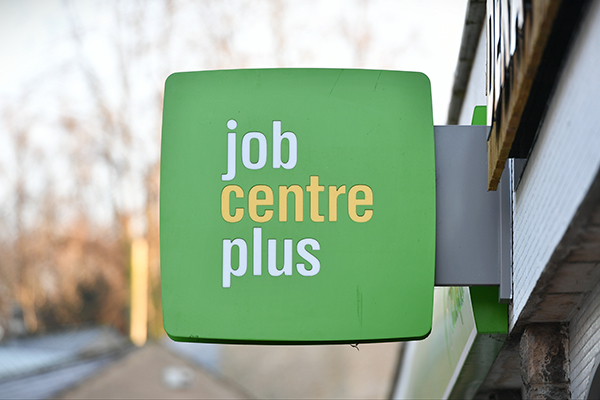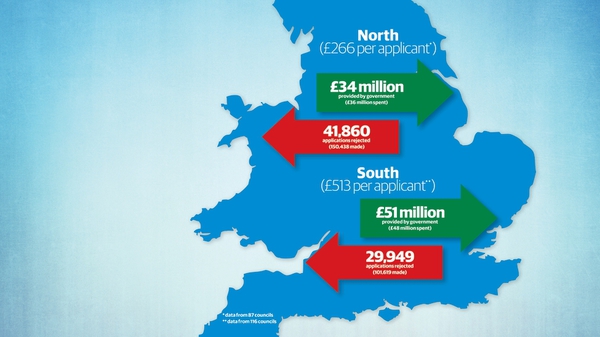You are viewing 1 of your 1 free articles

Discretionary Housing Payments are not a long-term solution to the housing crisis
The current welfare system relies on the use of Discretionary Housing Payments. The next prime minister must deliver a more sustainable solution, writes Imogen Farhan
Later this month a new prime minister will enter Number 10. Amid the bickering and inevitable dominance of Brexit, little has been said by the leadership candidates on how they plan to address the housing crisis. But new data on Discretionary Housing Payments (DHPs), out last week, shows why the housing needs of low-income families must be on top of the next prime minister’s agenda.
DHPs are designed to help local authorities support housing benefit claimants struggling to meet their housing costs. To mitigate the impact of welfare reforms on the most vulnerable, DHP funding from central government has increased significantly in recent years. In 2018/19, central government spent £153m on DHPs to make up the rent shortfalls of housing benefit claimants – that’s more than five times the amount spent in 2011/12.
However, new data shows funding from central government is not always enough. In 2018/19, 120 (one-third) of local authorities had to dig into their own budgets to make up the rents of families affected by welfare reforms – an increase from the previous year.
The top three reasons for DHP expenditure are the benefit cap, Local Housing Allowance and the removal of the spare room subsidy, more commonly known as the ‘bedroom tax’. Local authorities, hard hit by austerity budget cuts themselves, are plugging the gap in national welfare spending.
This is not surprising. Since 2016, housing benefit has been subject to the freeze, meaning that as rents have continued to rise, support for housing has increasingly fallen short of costs. In 75 ‘rental market areas’, the gap between the bottom third of rents and Local Housing Allowance rates has doubled since the introduction of the freeze, despite actual spending on housing allowance continuing to rise.
For some regions the problem is particularly acute: the largest gaps are seen in London, Bristol and Greater Manchester.
These regional dynamics explain why some local authorities underspent their DHP budget from central government last year, while others overspent by some margin. In the most extreme examples, local authorities overspent their budget by more than half.
With local authorities under significant strain to deliver essential services, they cannot be expected to cover this shortfall indefinitely. Nationally, the spending power of local authorities has fallen in real terms by almost one-third since 2011. As a result, local authorities are increasingly using their reserves to pay for public services. With poverty and homelessness on the rise – at least in part driven by benefit caps and freezes – a new approach to housing is urgently needed.
Yet the two candidates for the Conservative leadership have prioritised tax cuts as part of their plans to help ‘working people’. Jeremy Hunt has promised to make the first £1,000 of earnings each month tax free, while Boris Johnson has promised to lift the national insurance threshold for the lowest paid.
“With poverty and homelessness on the rise – at least in part driven by benefit caps and freezes – a new approach to housing is urgently needed”
But these universal measures do little to help those on the lowest incomes – and end up benefiting a lot of people who don’t need that help. In contrast, ending the benefit freeze would have an immediate positive impact.
Solutions cannot come from the benefit system alone, however. DHPs were never meant to be a long-term solution and re-establishing the link between benefit entitlements and rents in the private sector would be financially unsustainable. As it stands, the annual housing benefit budget is higher than what’s spent on policing.
In the long-term, tackling the underlying drivers of high rent through increasing the supply of affordable housing – including genuinely affordable rental properties – is essential. But, while there has been political consensus on the need to build more homes, there has been less clarity about how this necessary step change will be achieved. Supply is important, but so too are issues of affordability, funding, location and quality.
Politics is littered with policy pledges on the housebuilding challenge – the next prime minister needs a detailed plan for how to actually achieve this.
Imogen Farhan, researcher, Reform












